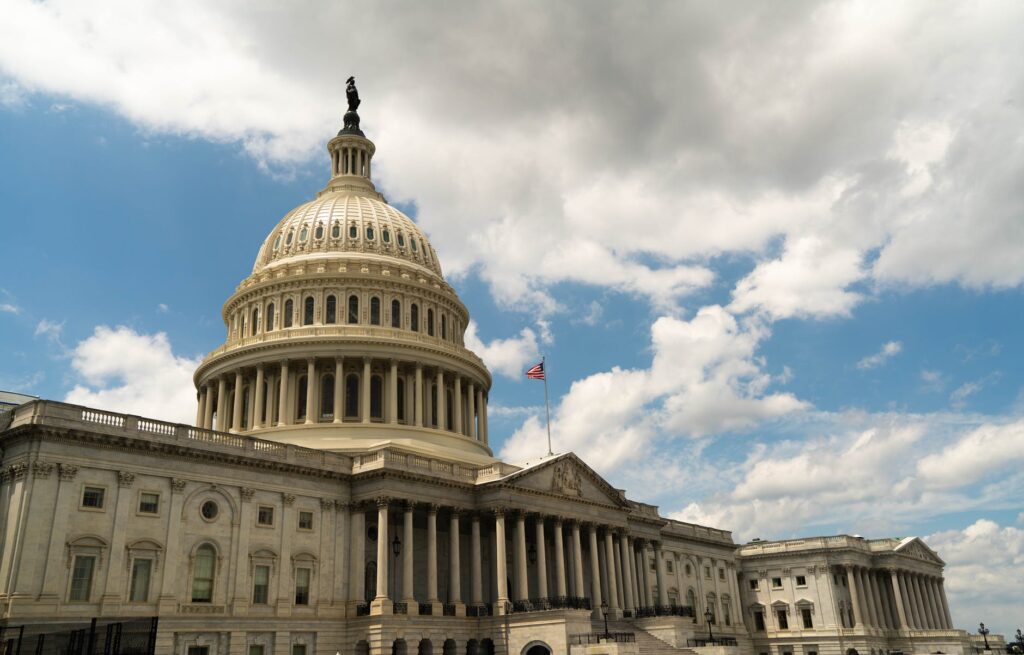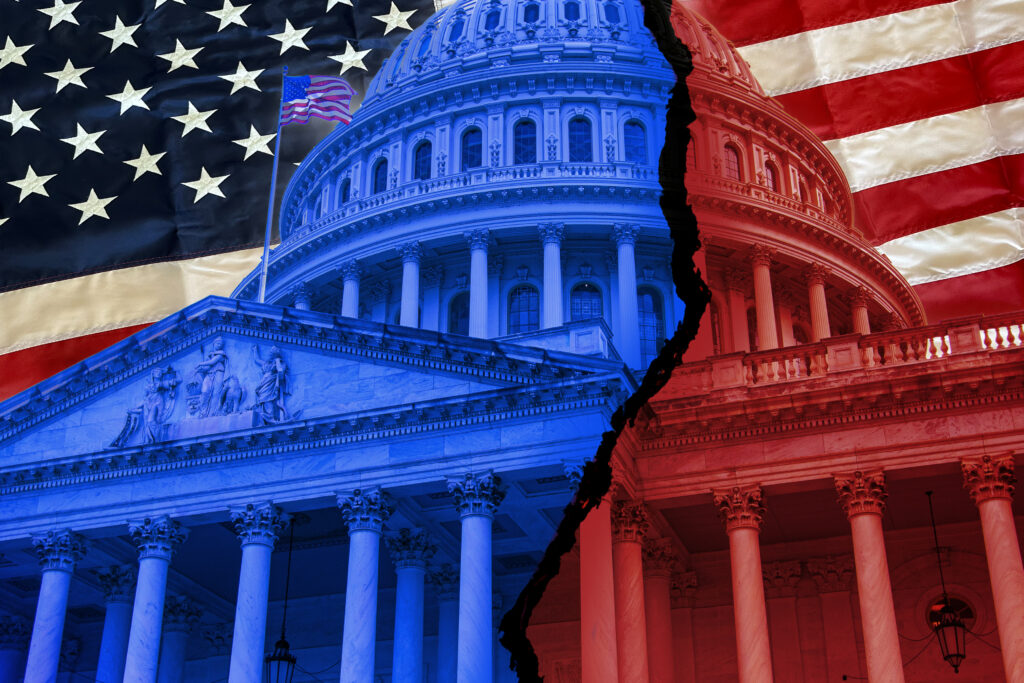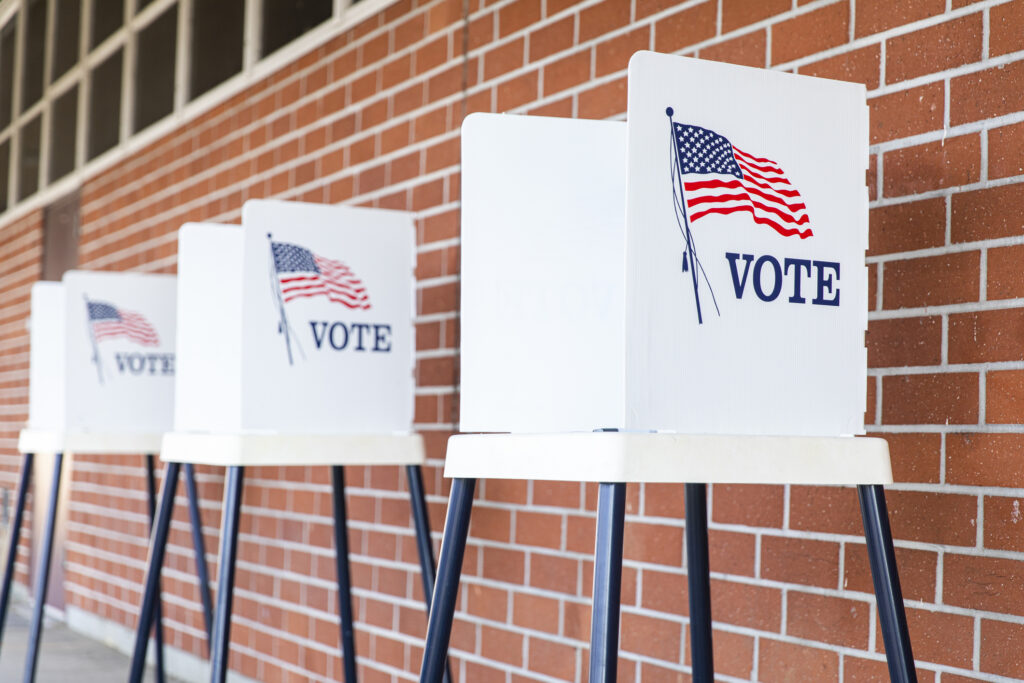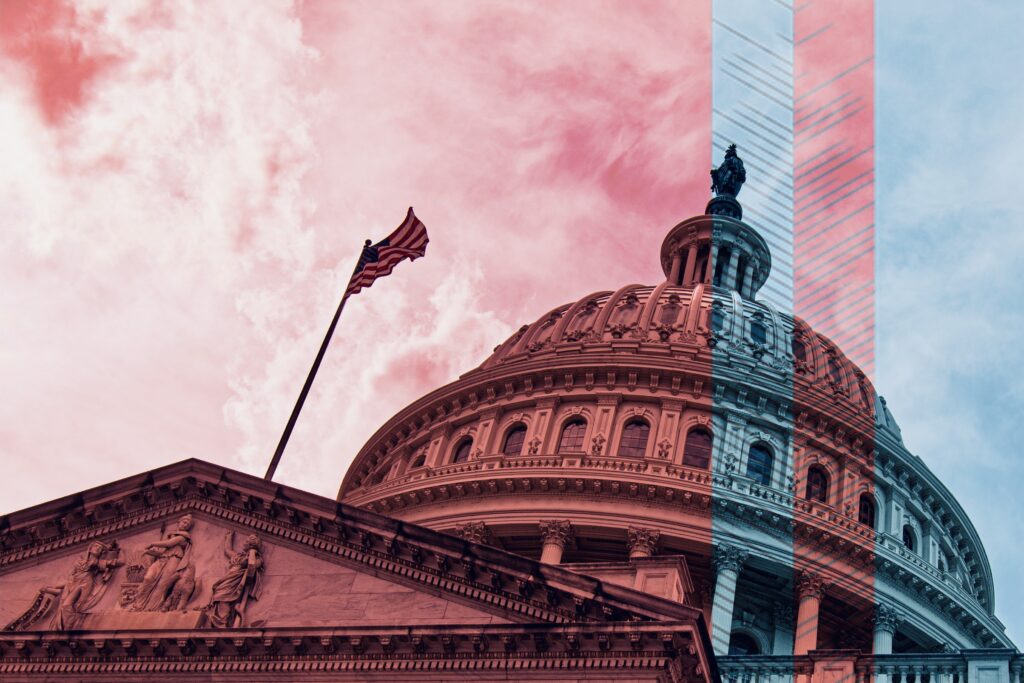The Electorate’s Response To The Latest Wave Of Campus Protests

Over six months after the October 7 Hamas attacks in Israel, tensions on college campuses have flared again. The latest round followed the testimony of Columbia President Nemat Minouche Shafik in front of the House Committee on Education and the Workforce April 17. Protesters have staged sit-ins and other disruptive activity at colleges across the […]
When Is A Student Ready For Algebra 2?

Grade inflation has been a frequent topic we have explored at length. Related to the topic of grade inflation is the concept of mastery. At what level of achievement is a student sufficiently ready to graduate to the next level of subject matter? And how does this level translate to numeric grades? On the February […]
Roll Call: ‘Unholy alliance’ – Congress needs to act as global crises threaten West

In today’s Roll Call, the Winston Group’s David Winston writes about the present national security challenges. For the United States, the Biden administration and Congress, the challenge is not to respond to Israel, Ukraine and Taiwan as isolated situations — but act together to support a broader, comprehensive policy strong enough to take on what […]
Elite Schools Get Failing Grades On Campus Antisemitism

Six months after the Hamas attacks in Israel and the controversy that rippled across college campuses in its aftermath, the Anti-Defamation League unveiled its first Campus Antisemitism Report Card. The report looks at 85 colleges and universities, which include schools with the highest levels of Jewish student enrollment as well as the country’s top liberal […]
Roll Call: The price of hyper-partisanship: Confidence in elections undermined

In today’s Roll Call, the Winston Group’s David Winston writes covers hyper-partisanship and voter confidence in elections. Questioning the outcome of an election isn’t illegal or even inappropriate up to a point. Politicians have stretched the truth since time immemorial. But when lying to the electorate for political gain begins to threaten the stability of […]
How Concerned Are Parents About Students Missing School?

Though learning loss has been a major point of discussion post-pandemic, an equally important topic is chronic absenteeism. Almost 30% of students were chronically absent in the 2021-22 school year, meaning they missed 10%, or 18 days, of the year. There were only slight improvements for 2022-23, according to preliminary data as of last fall. […]
How Do Highly Educated Voters Vote?

One observation that has become commonplace in recent years when talking about changing partisan trends is that the Democratic Party is becoming the party of educated voters, while voters with less education are increasingly voting Republican. How true is this analysis? To answer this question, we took a look at data from the most recent […]
Roll Call: Biden’s ‘Historic’ Results Aren’t What He Thinks

In today’s Roll Call, the Winston Group’s David Winston again tackles the credibility of the president’s economic messaging with voters. The explanation for Biden’s dilemma isn’t complicated. Voters understand when and why the inflation crisis happened. On March 12, 2021, with all the fanfare of a royal progress, Biden and Hill Democrats rushed to the […]
Does Education Matter in Views Of The Economy?

One of the challenges President Biden is facing heading into the November elections is convincing voters that the economy is going well. As David wrote in a recent column for Roll Call, many voters don’t buy the economic messaging coming from Biden and the White House. Some, like economist Paul Krugman, dismiss this reaction as […]
Roll Call: Biden’s State of the Union was beyond belief. Just ask voters

In today’s Roll Call, the Winston Group’s David Winston discusses voter reaction to President Biden’s State of the Union address. Some of the media, working off the same script, seemed to love Biden’s SOTU, praising the president’s atypical delivery, calling him feisty and fiery at every turn. But there is a fine line between feisty […]
